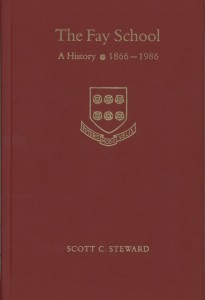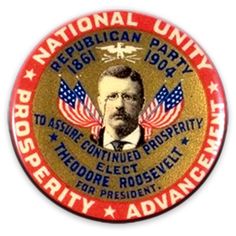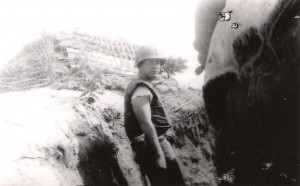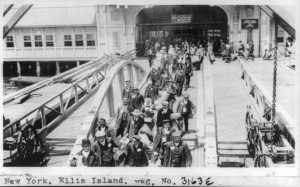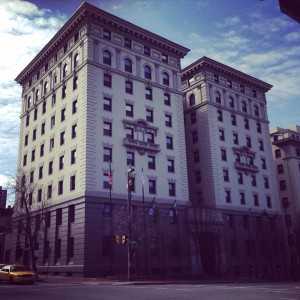 In genealogical research, discovering the names of ships on which immigrant ancestors came to the New World is interesting not only as a discrete fact, but because it can often be a clue for further research. As there was a tendency for members of communities to travel together, knowing the names of ships and the places of origin of the ships’ passengers is helpful in understanding the composition of communities and revealing where to search for related, elusive ancestors.
In genealogical research, discovering the names of ships on which immigrant ancestors came to the New World is interesting not only as a discrete fact, but because it can often be a clue for further research. As there was a tendency for members of communities to travel together, knowing the names of ships and the places of origin of the ships’ passengers is helpful in understanding the composition of communities and revealing where to search for related, elusive ancestors.
Unlike more modern listings of passengers for the nineteenth and twentieth centuries, compiled by the shipping companies in official ship manifests for departures and arrivals, for the seventeenth century no such official ship passenger lists were created. Continue reading Banks’ Planters of the Commonwealth
